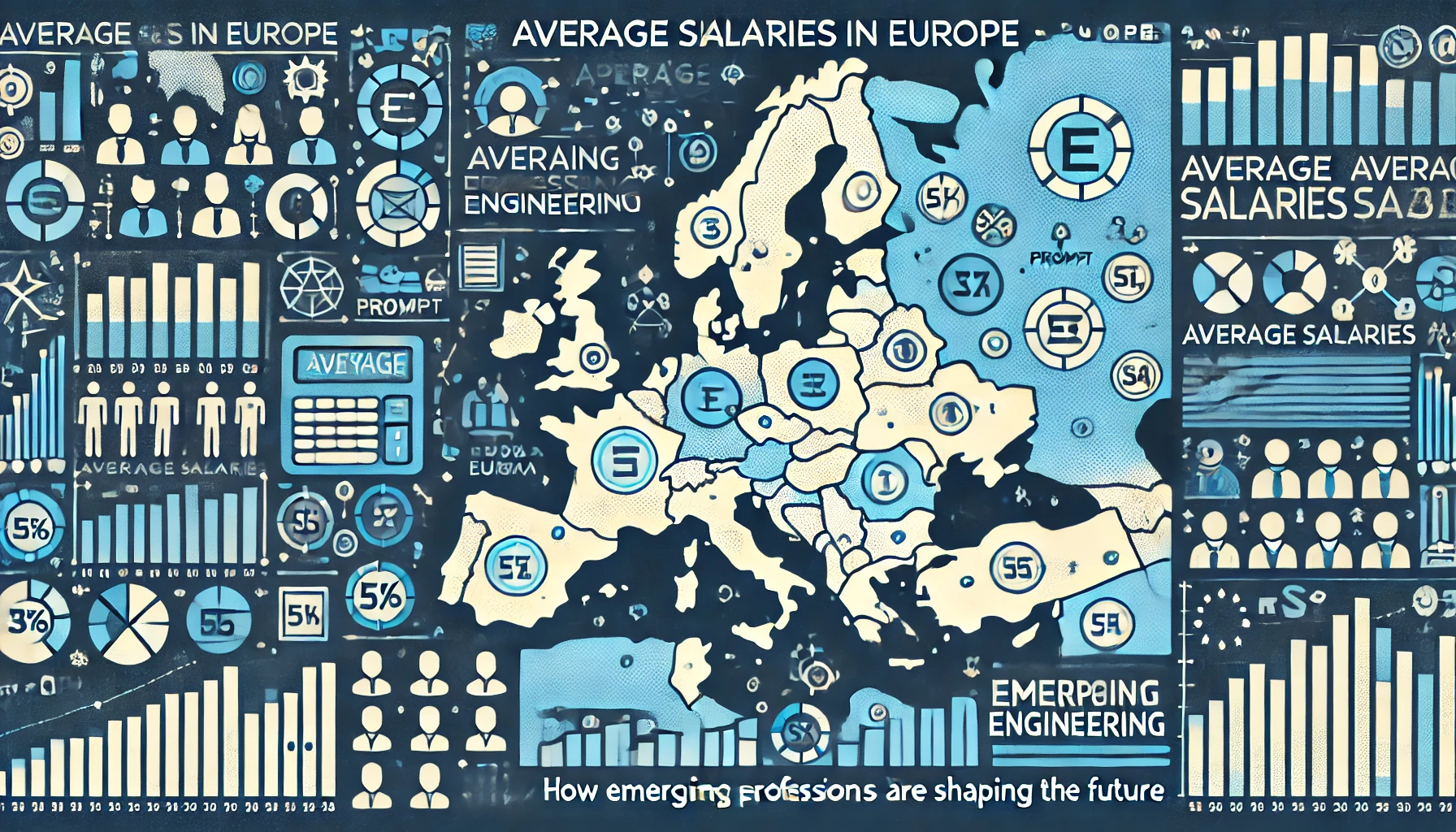Introduction: The Impact of Artificial Intelligence on the Job Market
As artificial intelligence (AI) rapidly evolves, discussions about its impact on the job market are becoming more urgent. While some fear that AI will replace jobs, others, including Bill Gates, see it as a chance to enhance productivity and improve quality of life. In a recent blog post on Gates Notes, the Microsoft co-founder shared his thoughts on the sectors that, in his view, are more likely to remain essential and require human expertise, even as automation becomes more widespread.
Gates suggests that AI will take over routine and repetitive tasks, allowing people to focus on work that requires creativity, problem-solving, and human connection. He believes that some specific fields will remain vital and continue to rely on human skills, despite advances in AI.
This article will explore the sectors mentioned by Gates, as well as other professions that could also withstand automation based on the nature of their work and future job market trends.
1. AI-Related Jobs: The Heart of Technological Progress
Bill Gates believes that jobs closely related to the development and management of AI are here to stay. This includes roles such as software engineers, data scientists, and cybersecurity experts, who are essential for driving the advancement of AI technologies.
Why Will These Jobs Endure?
• Human Oversight Is Essential: As AI systems become more sophisticated, they will still require human oversight and fine-tuning to ensure they function correctly and ethically.
• Ongoing Technological Development: The rapid pace of AI evolution demands continuous updates, new algorithms, and solutions—all of which rely on skilled professionals.
Even as AI continues to automate various tasks, the human expertise behind AI technology will remain indispensable, guiding its ethical use and ongoing development.
2. The Energy Sector: Powering the Future
The energy sector is another field that Gates highlights as likely to withstand automation. With the global shift towards clean energy and sustainable solutions, there will be an ongoing demand for experts in energy production, infrastructure, and environmental engineering.
Why Is the Energy Sector Resilient?
• Complexity of Infrastructure: Building and maintaining energy infrastructures, such as power grids and renewable energy installations, require specialized skills and practical human expertise.
• Environmental and Regulatory Needs: The transition to sustainable energy sources, like solar, wind, and hydrogen, not only involves technical know-how but also requires policy and regulatory oversight managed by people.
Gates emphasizes that the importance of energy security and sustainability is too critical to be left solely to AI, ensuring that human roles will continue to play a key part in this field.
3. Life Sciences and Healthcare: The Value of Human Care
According to Gates, healthcare and life sciences will continue to require a human touch. While AI is already being used for tasks such as medical imaging and data analysis, direct patient care and complex medical decisions still rely on human professionals.
Why Will Healthcare Withstand Automation?
• Empathy and Personal Interaction: Patient care involves more than just clinical expertise—it requires empathy, emotional support, and ethical decision-making, which are difficult for AI to replicate.
• Continuous Medical Research: The field of biomedical research, including drug development and innovative treatments, needs adaptive human thinking and problem-solving skills that AI currently lacks.
While AI can assist healthcare professionals in diagnostic tasks and administrative processes, the human element remains essential for patient outcomes and ethical medical practice.
Other Professions Likely to Survive the AI Era
In addition to the sectors highlighted by Bill Gates, other professions appear to have a strong chance of enduring the AI revolution:
4. Education: More Than Just Teaching Content
Though technology is becoming increasingly integrated into education, the role of teachers and educators is still vital. Educators do more than just deliver content; they personalize learning experiences and help develop students’ social and emotional skills.
• Why Will Education Endure? Teaching involves adapting to individual learning needs and fostering personal growth, which are tasks that require human insight and adaptability.
5. Creative Professions: The Power of Human Innovation
Professions in the creative fields, such as artists, musicians, writers, and designers, are expected to continue thriving. Although AI can generate content, it lacks the depth of originality and cultural understanding that human creators bring.
• Why Will Creative Roles Last? Creativity involves connecting with human emotions and cultural contexts, which are uniquely human attributes.
6. Skilled Trades: The Need for Hands-On Expertise
Jobs that require practical skills, such as electricians, plumbers, and mechanics, are less likely to be fully automated. These roles often involve complex problem-solving and on-the-spot decision-making in dynamic environments.
• Why Will Skilled Trades Survive? The nature of these jobs demands a human touch to manage unexpected challenges and make repairs in real time.
Conclusion: Preparing for the Future with AI
Although AI is rapidly transforming many industries, certain professions are likely to remain essential due to the nature of the work they involve. Jobs related to AI development, the energy sector, healthcare, education, creative fields, and skilled trades are areas where human expertise and intervention will continue to be critical.
Bill Gates offers a hopeful perspective: rather than completely replacing human workers, AI has the potential to automate routine tasks and free up time for more meaningful work. To thrive in the future job market, workers should focus on developing skills that complement AI, such as creativity, problem-solving, empathy, and hands-on expertise.
By doing so, individuals can position themselves to work alongside AI technologies, maximizing both personal and professional growth in an ever-changing world.
This revised version provides a more comprehensive look at the professions that are likely to endure the AI era, discussing why these fields are resistant to automation and how workers can prepare for a future where AI plays a significant role.

